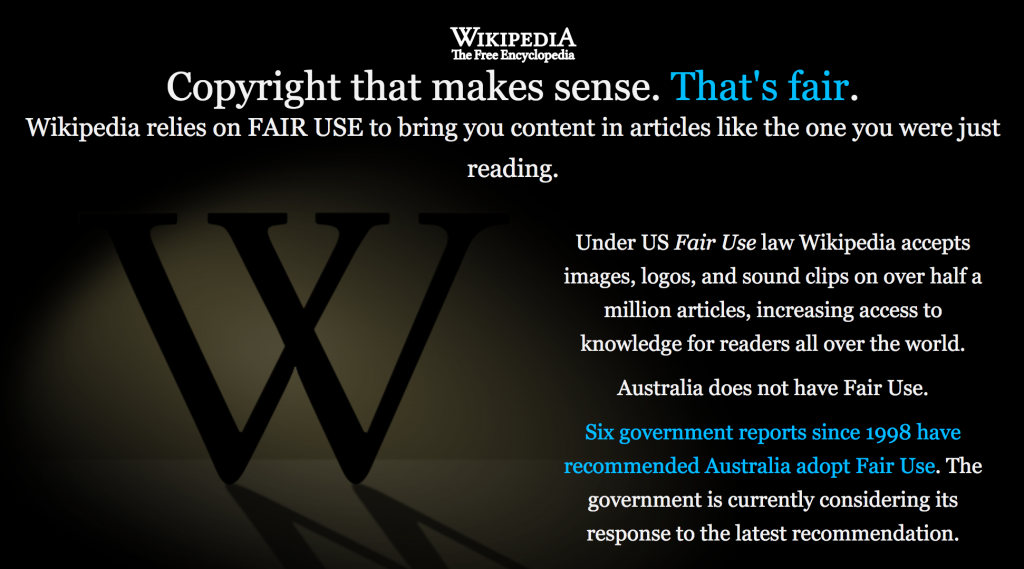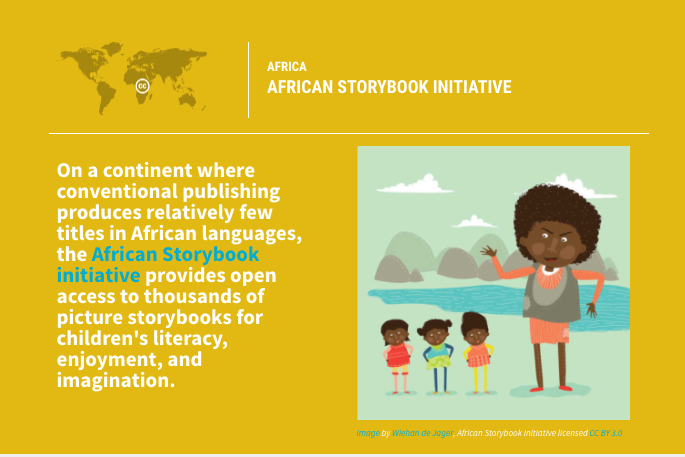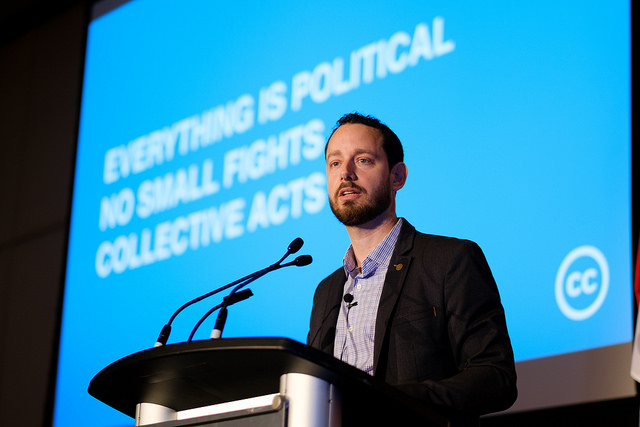State of the Commons Highlight: An interview with the filmmakers behind Alike Film
mercredi 24 mai 2017 à 17:19
“Alike” was directed by Daniel Martinez Lara and Rafa Cano Mende, and was made in collaboration with ex Pepe-School-Land students. The film was developed using the open source operating system Linux and Blender, a free and open source 3D creation suite. The film has debuted at 120 festivals and won nearly as many awards.
Watch Alike:
Alike short film from Pepe School Land on Vimeo.
Interview with the filmmakers: Rafa Cano Mende and Daniel Martinez Lara
Alike is a successful film licensed under CC BY-ND made with Blender. What made you decide to license it under CC? How did you work with the Blender community to make your film more successful?
From the beginning, we were clear. After touring for festivals we wanted the short film to be available and free on internet so the message reaches as many people as possible. The CC license is perfect for that reason.
Alike has been our first short film made in Blender entirely, and we are really happy with our decision. It is not the “free” that matters. We have become part of the “Blender Community” due to the strength of users and programmers – they are always willing to solve and come up with ideas.
You chose to license the graphics under ND and the script under BY. Why did you make that decision? Why did you separate the two?
When we were developing the short film, we wanted to protect the script and characters more traditionally because our work was not finished. When we finished it we wanted to share our project with everybody, and its final form was the Alike short film video, which we shared with a more open license.
Alike is a heartwarming story about the special bond between a father and son as well as the perils of being too busy in an overconnected world. How did you come up with the story?
When you are a father, you usually wonder which will be the best way to raise your children. Alike tries to be a reflection and tries to help you to be aware about letting you go by stress and routine, and always trying to find an answer from the calm.
How did you bring the graphics and the script together so seamlessly?
This convergence is because of Rafa Cano, co-director, art director, and animation supervisor of the film. Cano has had the sensitivity of understanding Alike´s story and designed a world and an animation customized to the story.
You’ve won a number of awards with this short! How does the commons play into this? Why is it important to be a part of the global commons?
On the tour festival stage, we don’t know how the commons license has influenced it. But due to the film’s success, we feel confident to continue sharing films under Commons licenses on the internet.
The post State of the Commons Highlight: An interview with the filmmakers behind Alike Film appeared first on Creative Commons.



